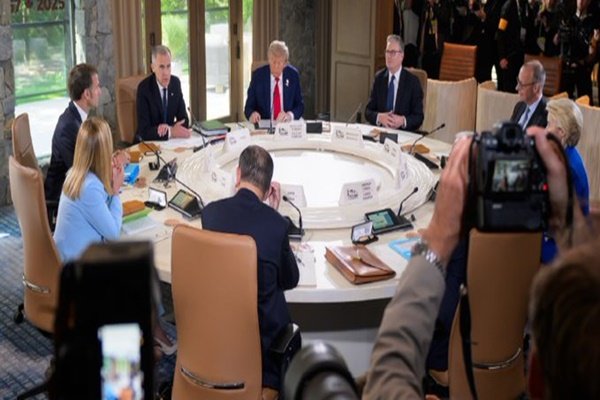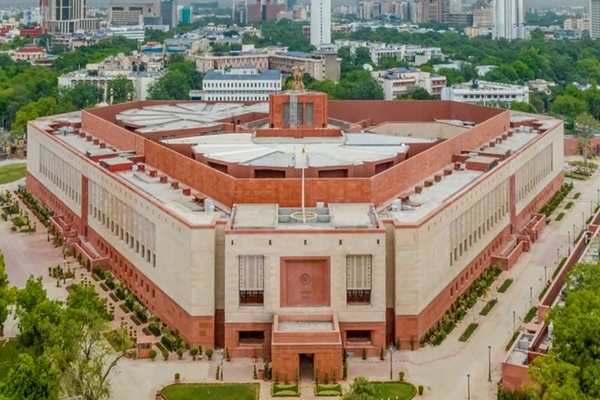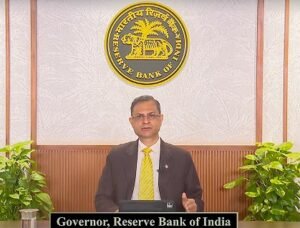
Last Updated on June 17, 2025 5:28 am by BIZNAMA NEWS
AMN / WEB DESK
Leaders of the Group of Seven (G7) nations have issued a strong and unified statement reiterating their commitment to peace, security, and stability in West Asia, as rising hostilities between Israel and Iran continue to fuel concerns of a broader regional conflict.
Meeting amid heightened geopolitical instability, the G7—comprising Canada, France, Germany, Italy, Japan, the United Kingdom, and the United States—expressed unconditional support for Israel’s right to defend itself against what they described as persistent threats posed by Iran and its regional proxies.
In their joint communiqué, the leaders:
- Identified Iran as the principal source of instability and terrorism in the Middle East.
- Reiterated that Iran must never be allowed to obtain nuclear weapons, reaffirming their longstanding opposition to Tehran’s nuclear ambitions.
- Emphasized the need to protect civilians and uphold international humanitarian law, particularly in conflict-affected areas such as Gaza.
- Expressed hope that a diplomatic resolution involving Iran could lead to a de-escalation of broader hostilities in the region, including steps toward a ceasefire in the Israel-Gaza conflict.
The G7 also addressed the global economic impact of Middle Eastern instability, especially concerning the energy sector. The leaders affirmed their readiness to act in coordination with international partners to prevent potential disruptions to global energy markets, acknowledging the Middle East’s pivotal role in global oil and gas supply chains.
This latest statement comes amid increasing international concern over:
- Iran’s growing influence through armed groups in Lebanon, Syria, Iraq, and Yemen.
- Israel’s ongoing military operations in Gaza, which have drawn international scrutiny over humanitarian conditions.
- The stalled Iran nuclear deal (JCPOA) and fears that Tehran is advancing its uranium enrichment capabilities beyond civilian purposes.
The G7’s unified stance signals a firm diplomatic alignment among the world’s most advanced economies in addressing the Middle East crisis—one that balances support for Israel’s security, pressure on Iran, and calls for humanitarian restraint.





